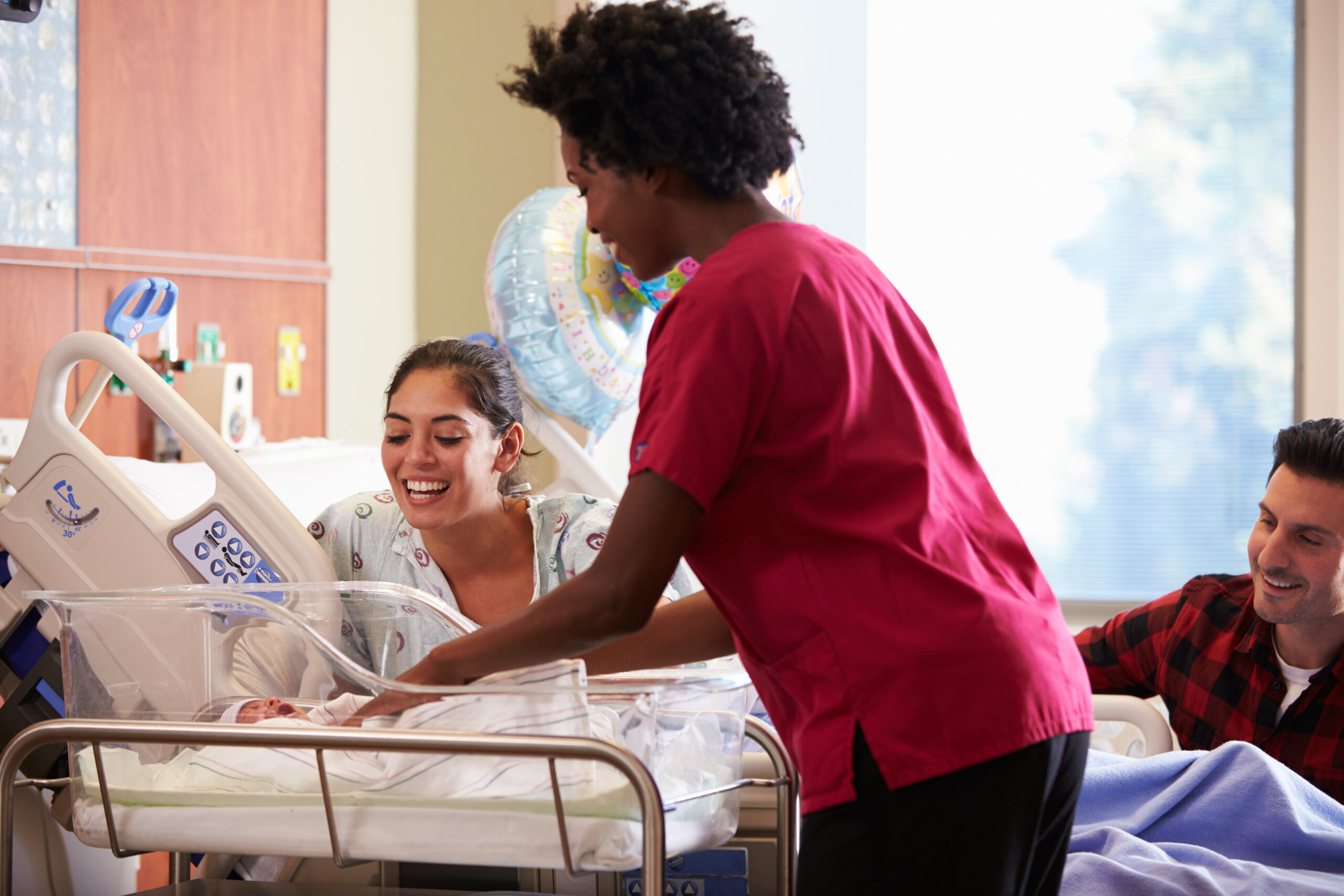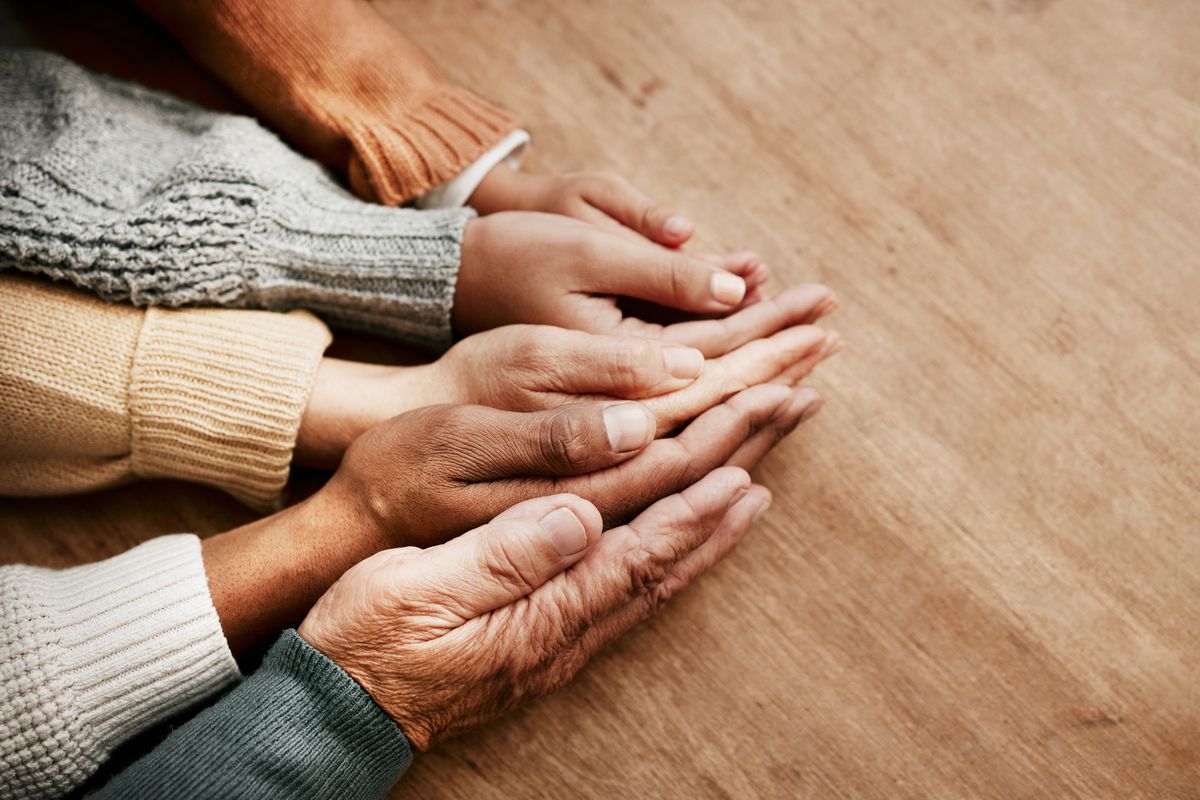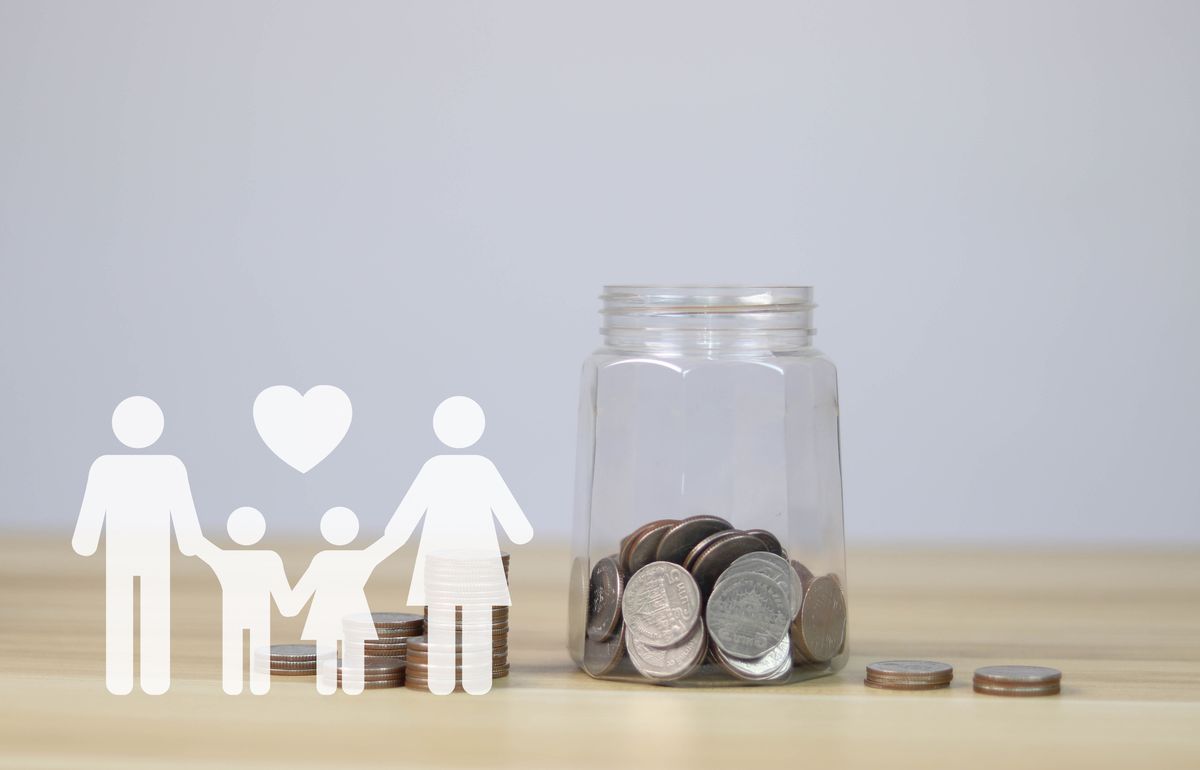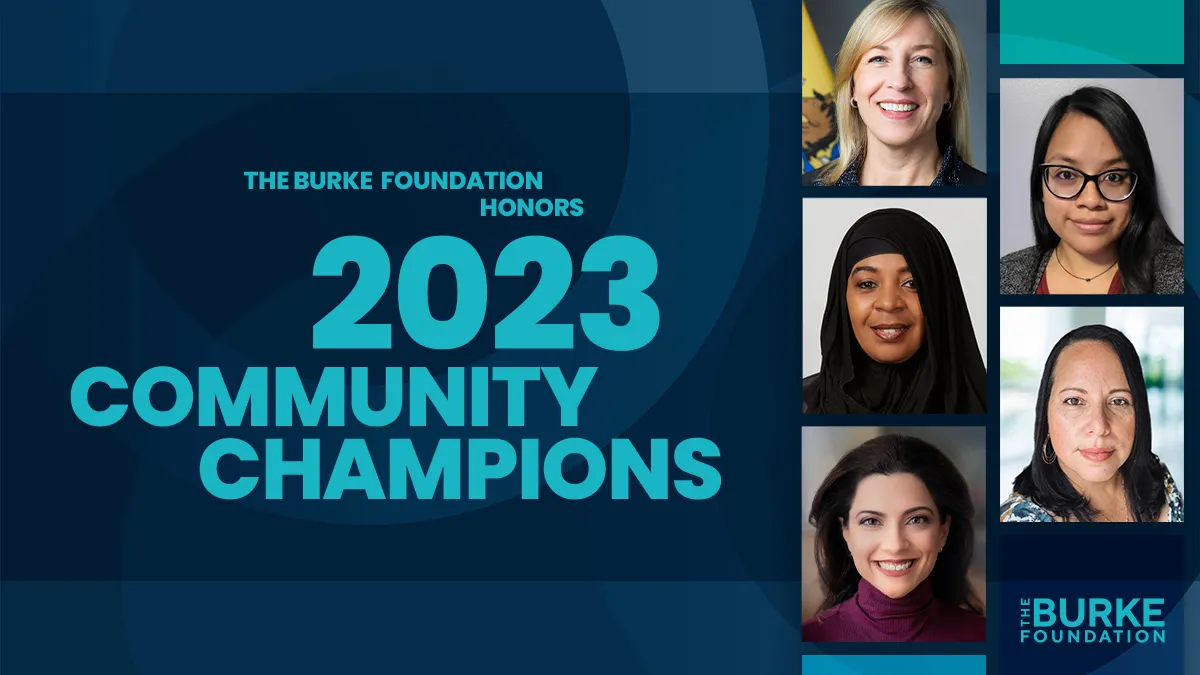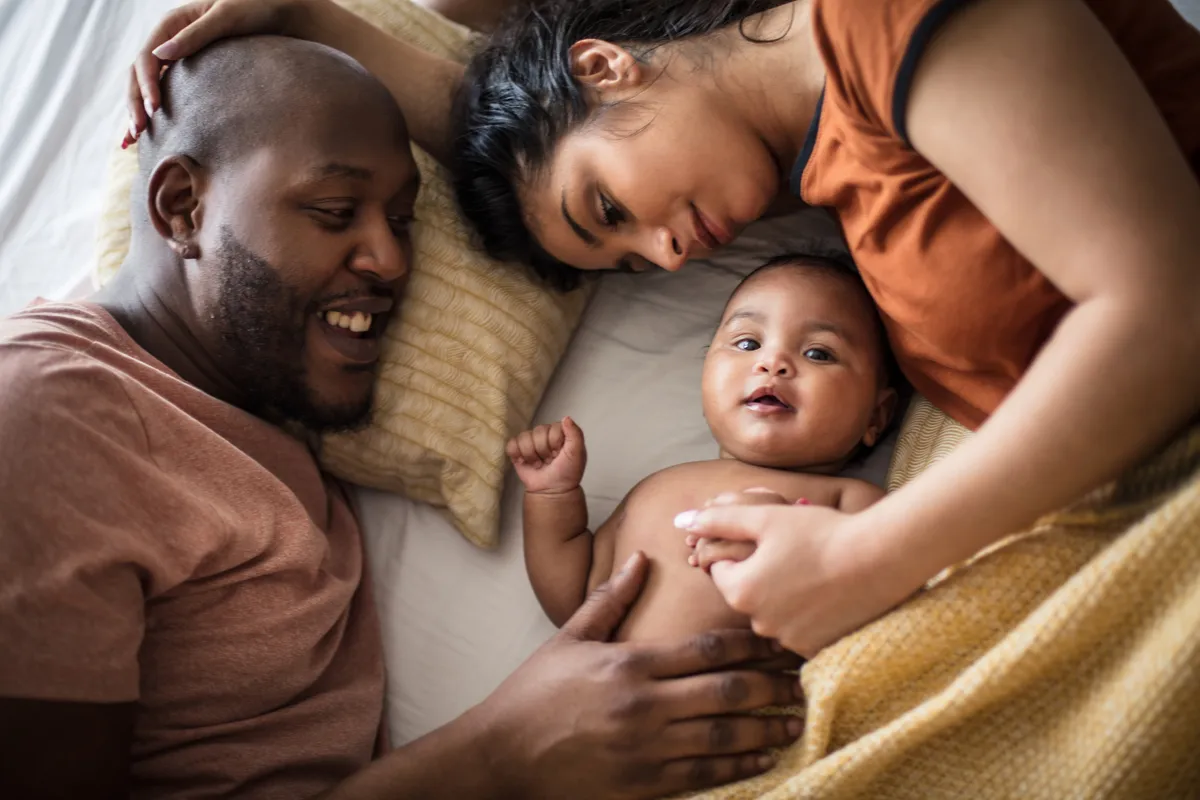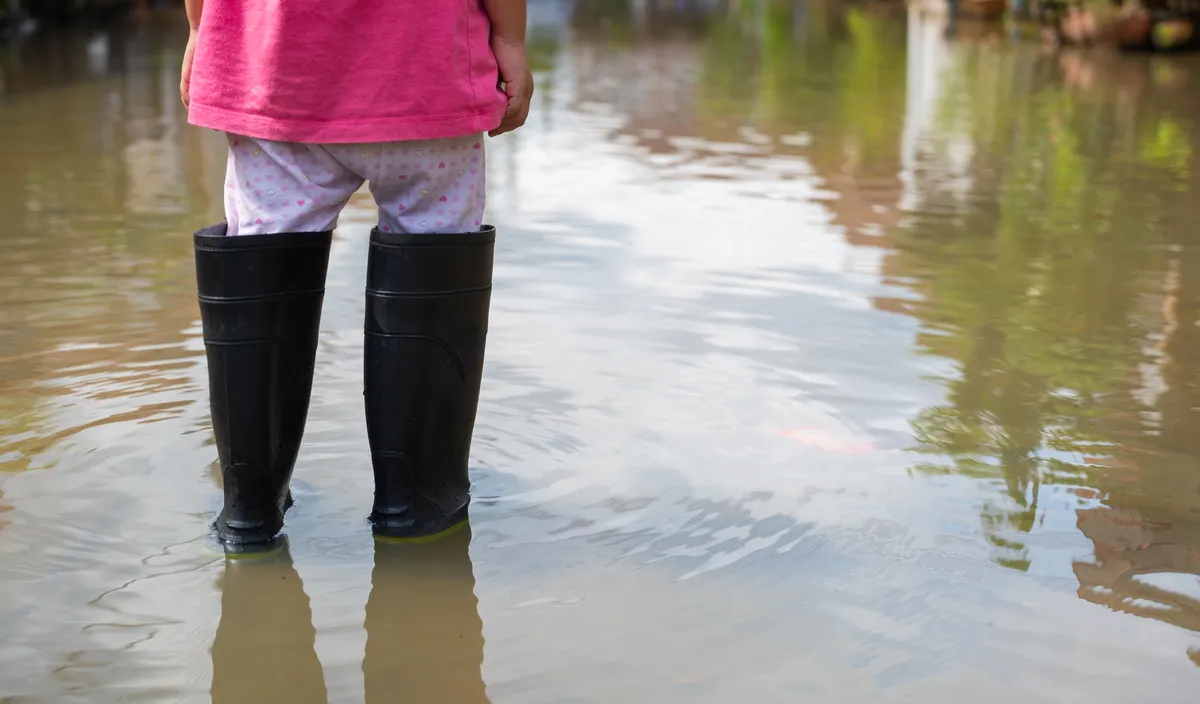
Yet the healthcare system often fails women — especially women of color. Many report having experiences that make them feel their concerns or symptoms aren’t taken seriously and that their providers treat them with less respect than other patients.
One part of the solution is to make expert, culturally congruent nurse care available to new mothers — which is starting to happen in New Jersey through the state-run FamilyConnects NJ program that provides free nurse visits to families of newborns.

